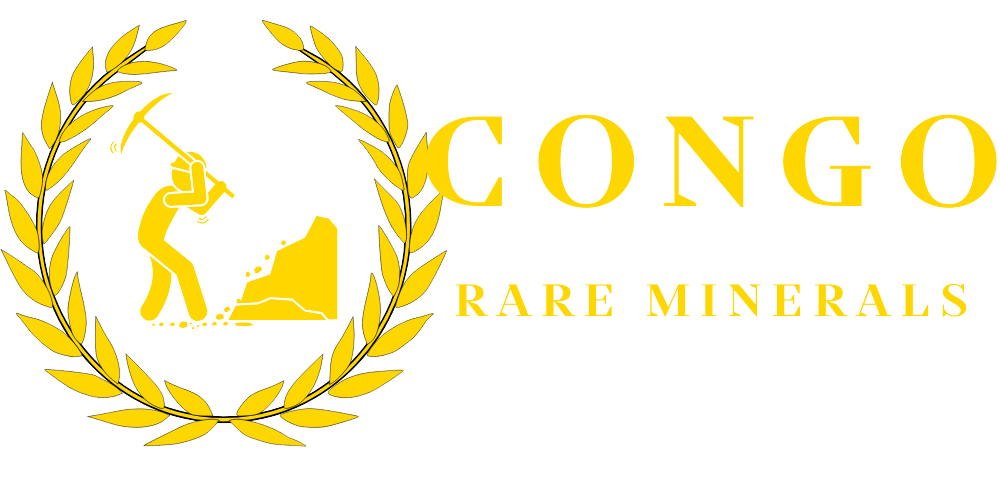Regional Gold Comparison: DRC vs. South America & West Africa
| Region | Purity & Quality | Ethics & Traceability | Production & Infrastructure | Investor Advantage |
|---|---|---|---|---|
| DRC (Congo) | Refined to ultra-high 99.99% purity | First traceable conflict-free artisanal gold via Just Gold & Digital Product Passports (goldavenue.com, impacttransform.org) | Artisanal + industrial scale; oversight growing; mine formalization improving (ipisresearch.be, Wikipedia) | Superior provenance, ESG alignment, high trust |
| Ghana / West Africa | Strong output (4.2M oz in 2023, ~4% global total) (Wikipedia) | Better-regulated, but artisanal “galamsey” persists | Large-scale mines across Ashanti, Western, Eastern regions (Wikipedia) | Stable legal frameworks, substantial supply |
| South America | Varies; Brazilian legacy gold; refinement typically needed | Less consistent traceability especially in informal sectors | Historical production; new greenfield projects emerging | Geographic diversification, hedge against regional risk |
Expanded Insights for Institutional Investors
1. Purity & Investor Grade
- CRM’s bars consistently reach 99.99% purity — regarded as investment-grade and compliant with Good Delivery standards (Wikipedia).
- South American sources often require additional refining, potentially delaying delivery and increasing costs.
2. Ethical Sourcing & Source Visibility
- DRC’s Just Gold project (launched in 2017 by IMPACT) established the first verified chain-of-custody from artisanal mines to export (impacttransform.org).
- CRM employs Digital Product Passports via Society Artisanal and Minespider, offering blockchain-backed provenance tracking from mine to bar (miningweekly.com).
- This full traceability supports compliance with OECD, EU, and Dodd-Frank due diligence expectations—a critical value-add for ESG-conscious institutions.
3. Production Capacity & Strategic Growth
- Ghana remains a major contributor with gold exports forming a significant part of GDP (12.3%) and strong industrial activity in key regions (Wikipedia).
- The DRC, while still growing formal mining capacity, is rapidly moving toward better oversight and formalization through Just Gold and public-private initiatives (ipisresearch.be).
- South America’s production is diversifying, but access to formal export pathways and traceability remains uneven.
4. Geo-Diversification & Hedge
- Allocating across African and South American sources hedges against region-specific risks—currency exposure, regulatory changes, and political instability.
- African gold, particularly from ethical DRC operations, delivers tangible ESG advantages and reputation enhancement for investors.
Why CRM’s DRC Gold Should Be Your Strategic Allocation
- Ethical & transparent chain-of-custody – a differentiator in the institutional gold market.
- Top-tier bullion quality – meeting or exceeding global investment standards.
- Narrative power – investors can tell a stronger story of responsible investing and development impact.
- Global diversification – African gold complements traditional suppliers and mitigates regional risk exposure.
